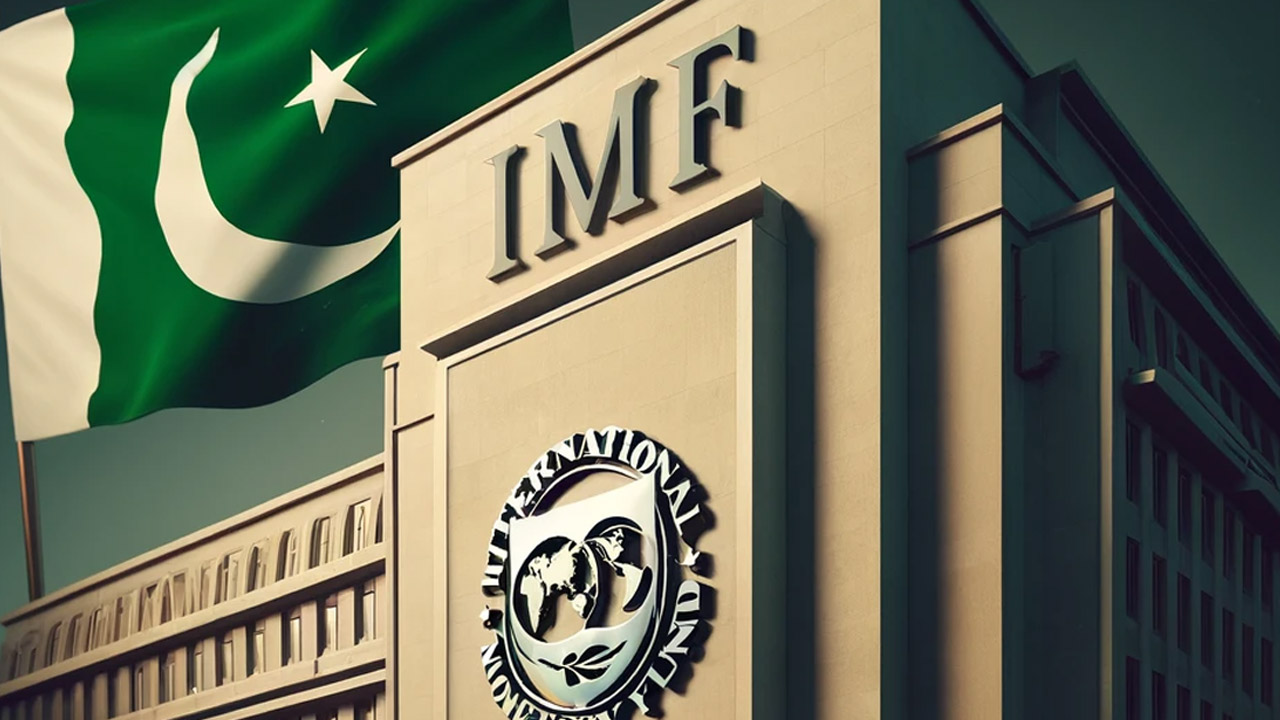The International Monetary Fund (IMF) has urged Pakistan to eliminate preferential treatment, tax exemptions, and protections for the agriculture and textile sectors. According to an IMF staff report, these sectors have hindered economic growth for decades by consuming public funds while failing to contribute adequately to national revenue.
Under the recently approved $7 billion Extended Fund Facility (EFF), the IMF emphasized that Pakistan must reform its economic practices to break free from recurrent boom-bust cycles. The report cited Pakistan’s lag behind comparable countries, with over 40.5% of its population now below the poverty line.
The IMF noted that Pakistan’s reliance on agriculture and textile exports has restricted its ability to diversify into more technologically advanced goods. In 2022, Pakistan ranked 85th on the Economic Complexity Index, unchanged since 2000, indicating a failure to innovate. The export basket, largely limited to cotton yarn, rice, and leather, reflects this stagnation.
While Pakistan exports high-value products like medical instruments and plastics, they exist within a heavily distorted market due to tariffs on intermediate goods. The IMF identified these tariffs, along with price controls and subsidies for low-productivity sectors, as major barriers to economic advancement.
The textile sector, which benefits from significant tax breaks, was singled out for its reliance on concessional central bank loans, with 70% of these loans directed toward textiles as of May 2024. The IMF recommended overhauling trade policies in the National Tariff Policy (2025-29), arguing against tariffs and subsidies that promote inefficient sectors.
The report also warned that policies favoring specific sectors through subsidies or local content requirements promote resource misallocation and may violate international obligations. Compared to its regional peers, Pakistan’s export growth has been slow, limited by various trade restrictions and tariffs.
The IMF concluded that these distortions discourage investment, innovation, and productivity, contributing to a decline in living standards and competitiveness. To diversify into complex goods like glassware and chemicals, Pakistan must promote a level playing field, integrate into global trade, and reduce fiscal incentives that currently misallocate resources.
Additionally, the IMF criticized Pakistan’s agricultural sector for trapping resources in low-productivity activities, with the smallest improvement in labor productivity compared to peers. Government policies like support prices and preferential tax treatments have, according to the report, constrained the country’s economic transformation.










